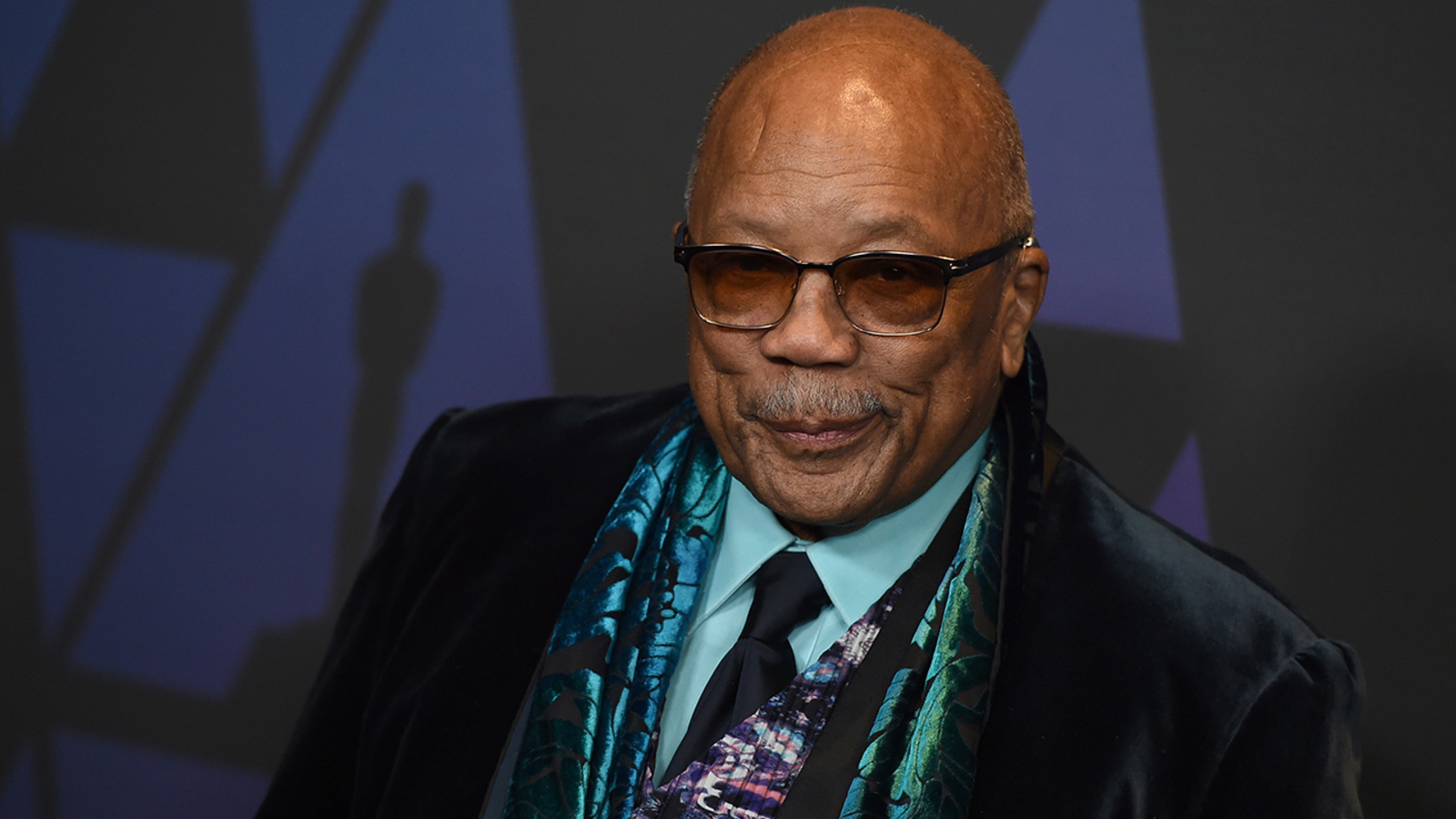Jones, the acclaimed music producer, composer, and cultural visionary behind some of the most influential albums and songs of the past century, has died at the age of 91. Known for his prolific work with artists like Michael Jackson, Ray Charles, and Frank Sinatra, Jones leaves behind a legacy that spans across music, film, and television, shaping the sound and spirit of modern entertainment.
Jones, born in Chicago in 1933, began his music career as a jazz trumpeter before evolving into a groundbreaking arranger, composer, and producer. His career took off in the 1950s, working alongside jazz legends such as Lionel Hampton and Dizzy Gillespie. In the decades that followed, Jones would break through numerous artistic and cultural barriers, from arranging for Duke Ellington and producing albums for Count Basie to pioneering new sounds in pop, R&B, and hip-hop.
Jones’s most iconic collaboration came in the 1980s with Michael Jackson. Producing Off the Wall, Thriller, and Bad, Jones crafted a genre-defying sound that helped Thriller become the best-selling album of all time, with more than 66 million copies sold globally. His intricate arrangements and meticulous production elevated Jackson’s music, helping create an album that resonated across genres and generations.
Beyond his work with Jackson, Jones shaped countless hit songs and albums with artists ranging from Aretha Franklin to Paul Simon. His talent extended beyond the studio, as he composed scores for over 30 films, including The Color Purple and In Cold Blood, and crafted memorable theme music for television shows like Sanford and Son.
A true industry trailblazer, Jones shattered racial barriers as one of the first Black executives at a major record label, becoming vice president of Mercury Records in 1961. His impact was widely recognized with 80 Grammy nominations and 28 Grammy wins, a Grammy Legend Award, and a Kennedy Center Honor. Jones’s influence was also political and philanthropic: in 1985, he produced “We Are the World,” a global charity single that raised millions for famine relief in Africa and united some of the biggest names in music.
The breadth of Jones’s contributions to entertainment stretched beyond music. As a film and television producer, he championed stories about the Black experience and promoted diversity in Hollywood, paving the way for other artists of color. His presence in popular culture was further solidified through his humanitarian work, from supporting civil rights to mentoring young artists.
News of Jones’s death has sparked tributes from across the music and film industries. Fellow musicians, producers, and fans worldwide have taken to social media to honor the man who shaped not only their music but their understanding of what it means to create.
Quincy Jones’s impact is profound and far-reaching, influencing not only the sound of American music but also the larger landscape of global pop culture. His genius for musical storytelling, advocacy for artists, and commitment to social causes have left an indelible mark that will resonate for generations.



